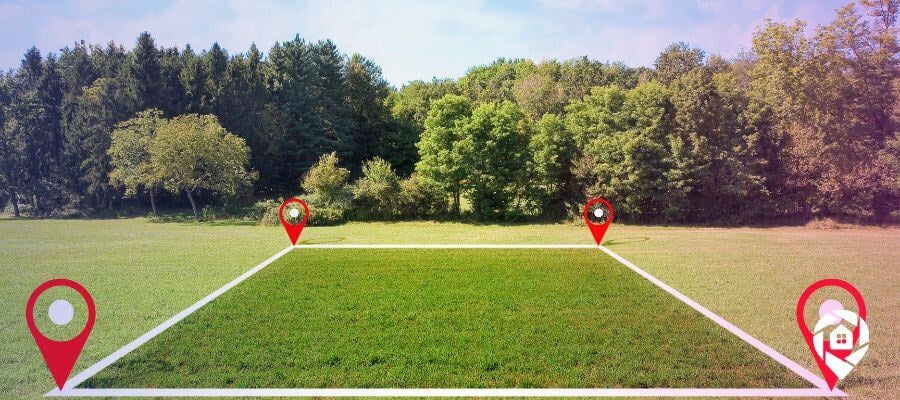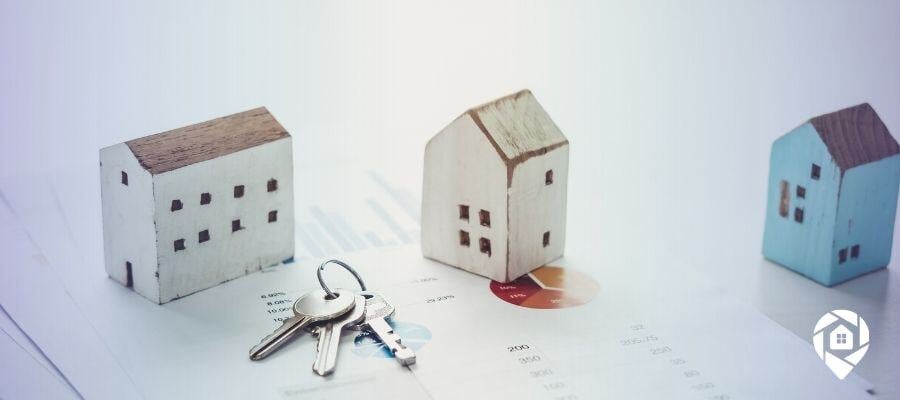
Unlock Property Insights: How to Find Real Estate Parcel Numbers

If you're in the realm of real estate investing, you understand how crucial it is to have all essential information about a property, and this certainly includes the real estate parcel number.
This number can seem insignificant, but it is instrumental in speeding up property searches and developing sound investment strategies. This blog post seeks to provide you with a comprehensive understanding of what a real estate parcel number is, why it's essential, and, most importantly, how you can find it.
Understanding Real Estate Parcel Numbers
A real estate parcel number, also known as a property record ID or PIN, is a unique identifier assigned to each parcel of land by the county in which it resides. This number serves several purposes. It simplifies property search, aids public records exploration, and facilitates tracking property data and ownership. It's like a social security number for the land — unique and essential.
Beyond just identification, parcel numbers are crucial for property tax assessments, legal descriptions, and zoning information. Counties use these numbers to manage land boundaries, track ownership changes, and apply accurate tax rates based on local property values. Whether you're dealing with residential or commercial properties, understanding how parcel numbers work can offer insights into a property's full legal profile, helping investors ensure they comply with local regulations and zoning laws.
Why Real Estate Investors Require Parcel Numbers
If you're a real estate investor, you'll find that a parcel number is immensely beneficial. It provides easy access to property records, prevents confusion between similar addresses, and assists in accurate property evaluations.
Additionally, parcel numbers help investors uncover hidden issues that could impact profitability, such as zoning limitations or land use restrictions that may not be immediately apparent from other records. Accessing a parcel number can also lead to finding data on environmental factors, such as flood zones or conservation easements, which are crucial for risk assessment. By relying on parcel numbers, investors gain a clearer view of the property’s historical and legal nuances, ultimately allowing for more strategic, informed investment choices.
Moreover, parcel numbers prove essential when researching potential investment properties. A property search using the parcel number exposes the history of the property, including past owners, property taxes, and any associated liens or disputes. Thus, it aids real estate investors in making more informed investment decisions.
Having access to this historical data allows investors to assess the potential risks or red flags associated with a property, such as unresolved tax obligations or ownership disputes. Understanding these details before committing to a purchase provides a layer of protection, ensuring that no unexpected legal issues arise after the investment.
Steps to Find a Real Estate Parcel Number
Now that we understand how critical parcel numbers are in real estate investing, let's delve into a step-by-step guide on how to retrieve these numbers:
1. Online Public Records Search
With the advancements in technology, public records have found their place online. You can simply visit your county assessor's website or a local government website to conduct a property search. You'll need to input the address of the property in the designated search bar, and the result will provide you with information including the parcel number.
2. Utilize Real Estate Platforms
Many dedicated real estate platforms have risen in popularity. These platforms, like DealMachine, offer an exhaustive summary of property data. Once you locate your property using its address, the software will provide the parcel number under property details.
If you are looking for vacant land in DealMachine, the parcel number can help you identify the correct areas and what will constitute the land to be bought.
Not only can you access property data in DealMachine, but you can also pull a list of leads, find comps, market to them using direct mail or cold call them using the AI-powered dialer. Streamline your processes not only for pulling parcel numbers but also for your lead generation.
3. Physical Public Records Search
In case you can't locate the parcel number online, you always have the option to do it the old-fashioned way. Visit your local county assessor's office or county courthouse, where they keep physical records of all properties. These physical records house an array of property information, including the parcel number.
Knowing how to locate a real estate parcel number is an invaluable skill for every real estate investor. It paves the way for more extensive and comprehensive property research, thus facilitating better investment decisions. And now that we've armed you with the needed guidance, you'll find property searches simplified. Here's to smart and efficient real estate investing!

About Samantha Ankney
Samantha is the Social Media Manager at DealMachine, where she oversees all social media strategies and content creation. With 3 years of experience at the company, she originally joined as a Media Specialist, leveraging her skills to enhance DealMachine's digital presence. Passionate about connecting with the community and driving engagement, Samantha is dedicated to sharing valuable insights and updates across all platforms.



